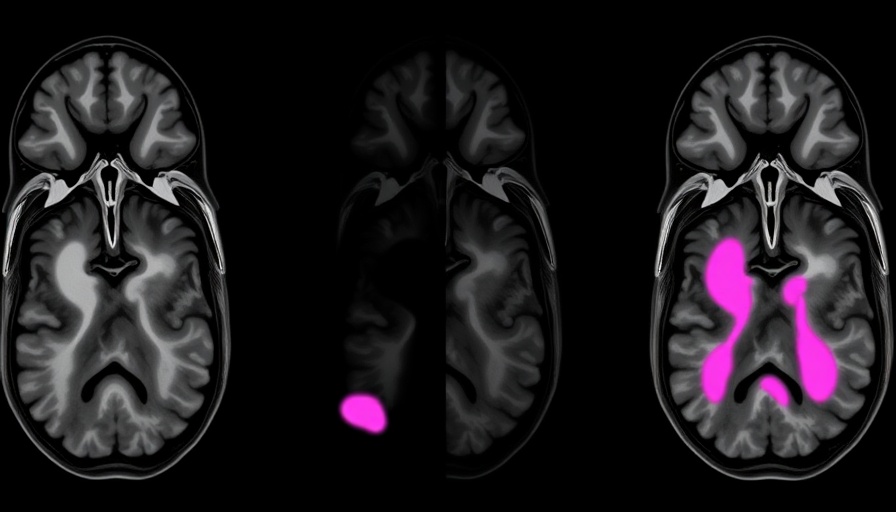
The Ties Between Breakfast Timing and Longevity
When discussing healthy living, we often hear about what foods we should eat or avoid. However, recent research suggests that how and when we eat are equally crucial to our health, especially as we age. Scientists from Mass General Brigham have made significant findings regarding the timing of breakfast and its correlation with longevity and overall health. This research sheds light on how meal timing can become a vital indicator of well-being as we age.
Understanding Meal Timing Changes with Age
As adults move into their later years, their eating patterns naturally shift. Research indicates that many older adults tend to consume breakfast and dinner later in the day, which may come with a series of health implications. The findings of the study reveal that when breakfast timing occurs later in the morning, it is associated with various health issues. This includes increased risks of depression, fatigue, and sleep disturbances, ultimately leading to a heightened risk of mortality. Indeed, the research points to a pressing need to monitor meal schedules in older adults as a preventative health measure.
Broader Implications for Aging and Health
In a society that often underestimates the significance of meal timing, it is imperative to understand its potential. Dr. Hassan Dashti, the lead author of the study, articulates a profound notion—that later meal times are not just a quirk of aging but could serve as harbingers of health disparities. By emphasizing consistent meal schedules, particularly during breakfast, health professionals could take actionable steps toward promoting healthy aging. Interestingly, the research also considers genetic predispositions to being a 'night owl,' suggesting that some individuals may need to be more aware of how their natural inclinations influence their health.
Life in Dallas: A Case Study in Lifestyle Choices
Exploring the implications of these findings can provide valuable insights for residents of cities such as Dallas, Texas, where lifestyle choices are deeply intertwined with health. The literature on Dallas lifestyle magazines often highlights the importance of healthy living, which includes not just what residents eat, but also when they consume their meals. With Dallas being home to a diverse range of dining experiences, many residents often dine later in the evening, perhaps unknowingly risking their health.
Connecting the Dots: What It Means for Dallas Residents
Living in Dallas, individuals encounter unique aspects that shape their lifestyles. The cost of living in Dallas—though reasonable—places pressure on schedules that can lead to rushed or delayed meals. Residents might find themselves caught in the hustle and bustle, leading to later meal times. Understanding the impact of these decisions can help lead to healthier living strategies, such as prioritizing early breakfasts.
Actionable Insights for a Healthier Lifestyle
For Dallas residents, incorporating earlier breakfast habits could have far-reaching health benefits. Simple adjustments, such as planning breakfast menus or utilizing resources like Dallas lifestyle management clinics, can facilitate more consistent eating patterns. Communities could leverage this research to foster greater awareness around meal timings, steering discussions towards health and wellness initiatives that prioritize longevity.
Final Thoughts: A Call to Mindful Eating
The connection between meal timing and health outcomes, especially in aging adults, is becoming increasingly clear. As investigations continue to unearth the links between diets and longevity, it’s essential that we embrace these insights to foster healthier communities. For residents of Dallas, transforming your breakfast habits may not just impact your day, but potentially extend your life.
 Add Element
Add Element  Add Row
Add Row 



Write A Comment